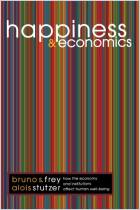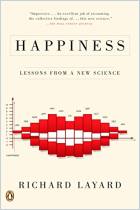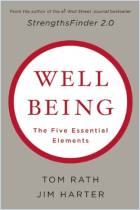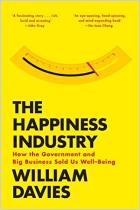
Recommendation
Money can’t buy happiness, or so your parents used to say. But if money doesn’t make you joyful, what does? In her astute, rigorously researched book, public policy scholar Carol Graham evaluates the components of happiness across countries, socioeconomic groups and cultures to tease out what “well-being” means, at least statistically speaking. Using extensive surveys in Latin America, Central Asia and Afghanistan, and existing data on happiness in the developed world, Graham posits that, despite varying levels of wealth, people and nations share fundamentally similar characteristics when it comes to being content. She examines how happiness measures can guide policy makers and notes the pitfalls involved. Be prepared, though, to brush up on your statistics and get reacquainted with z-scores and Gini coefficients. The book relies heavily on statistical analysis and calculations, but Graham manages to surface from the data occasionally to provide conclusions in lay language. getAbstract finds her work of value to economists, psychologists, policy makers and all those who just want to get happy.
Summary
About the Author
Carol Graham, a Senior Fellow at the Brookings Institution and a professor at the University of Maryland, served in advisory roles at the International Money Fund.


















Comment on this summary or Start Discussion